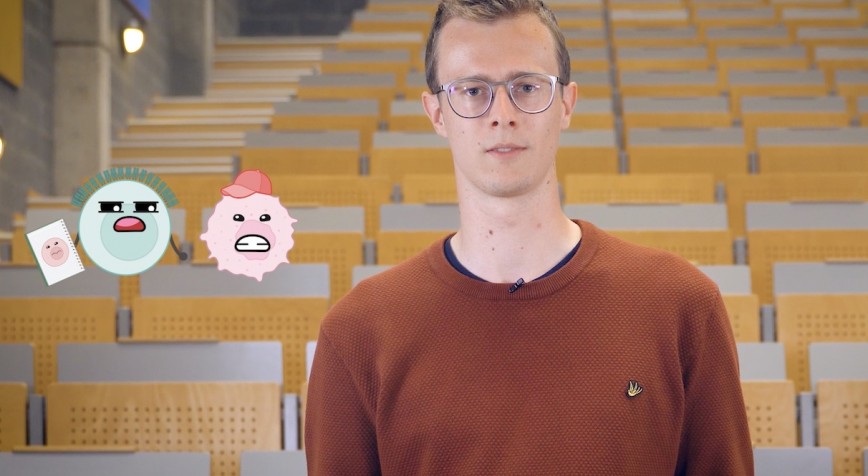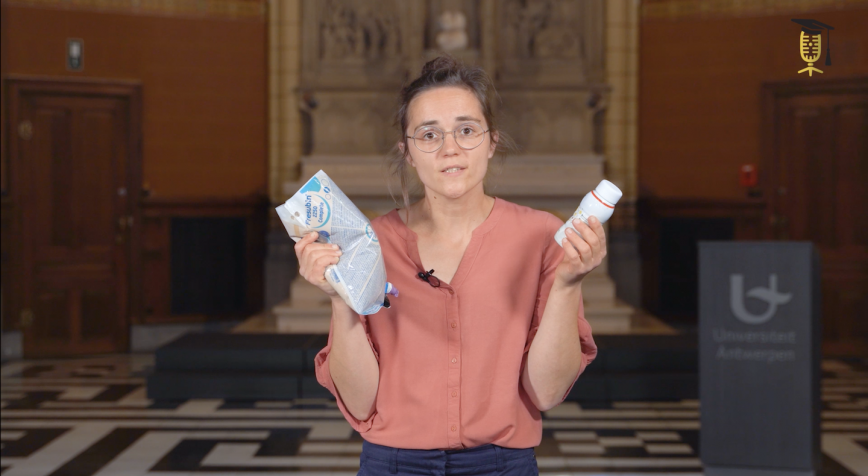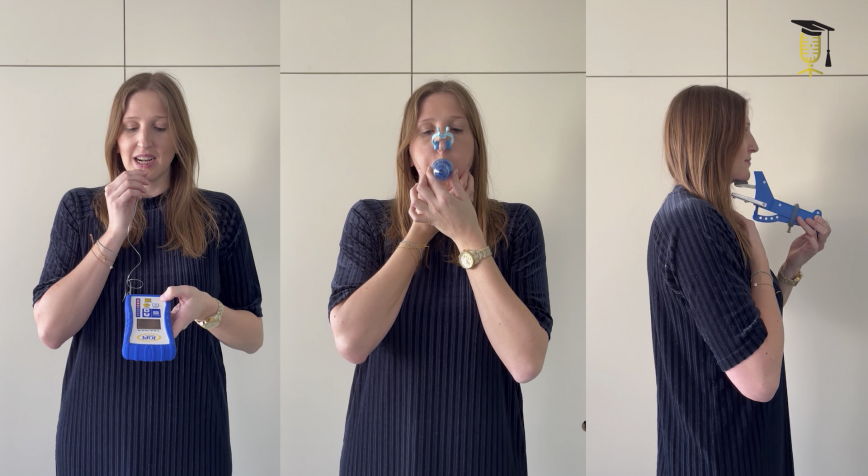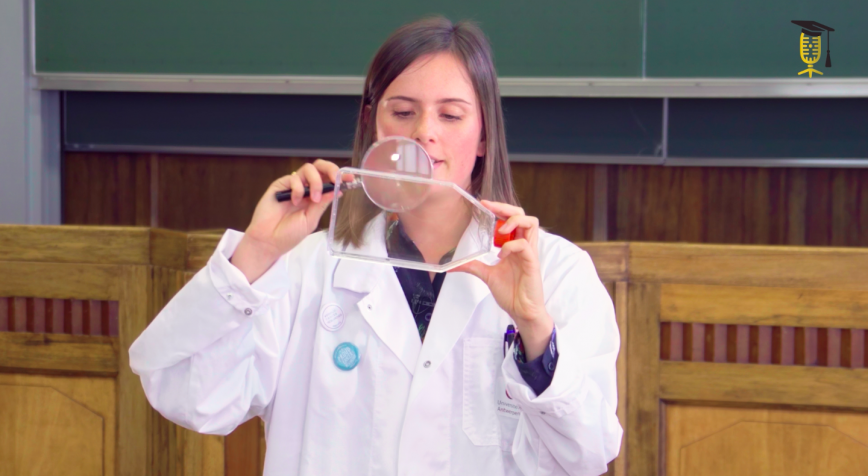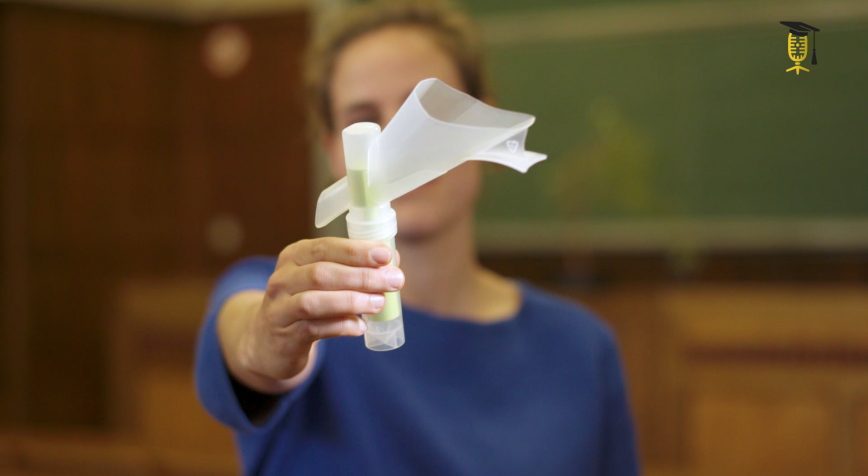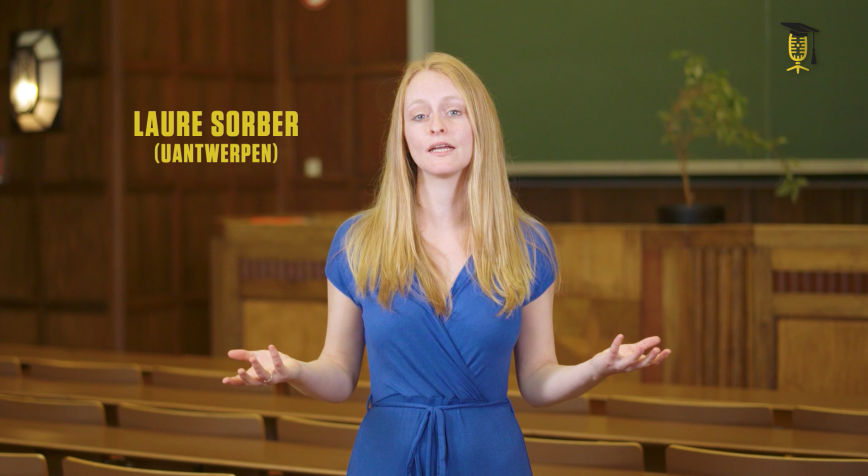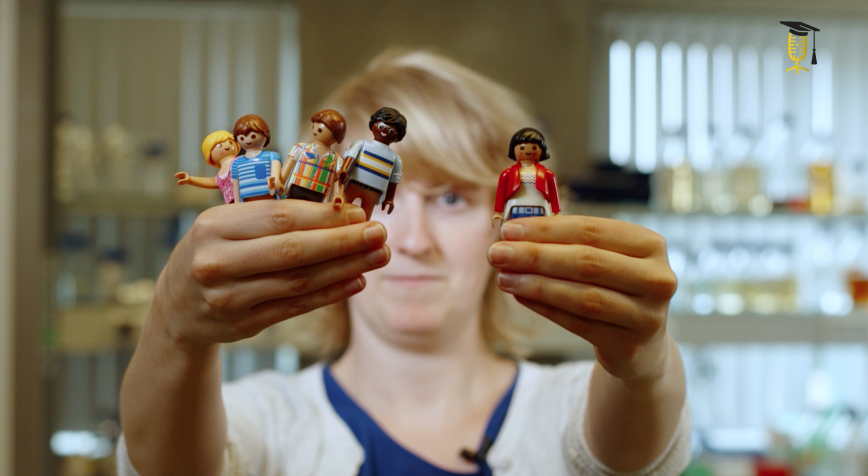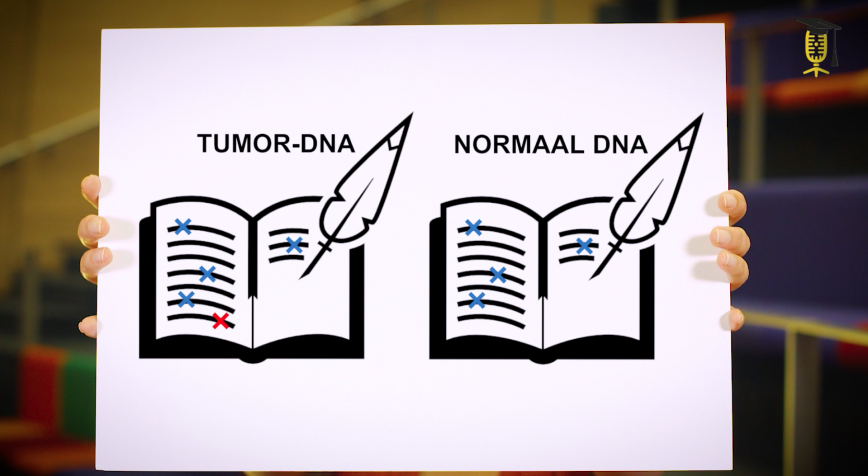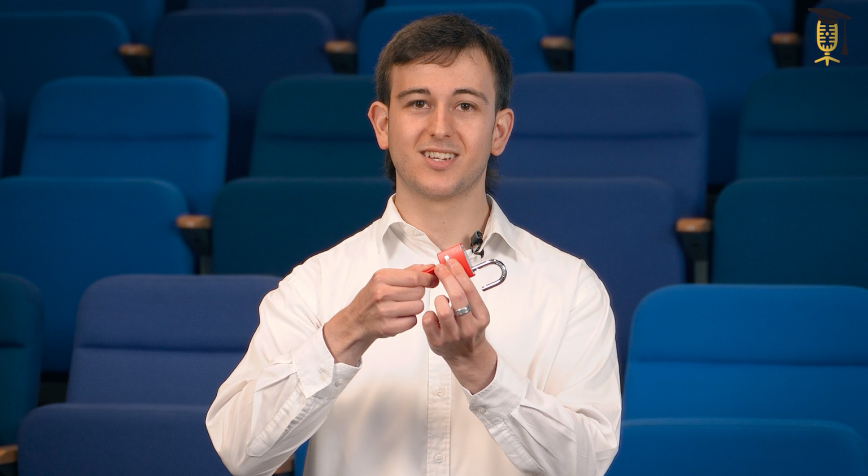
VIB
VUB
Creating new proteins for a future without diseases
Why do people get cancer, arthritis, or Alzheimer's? Essentially because a protein key in our body does not fit in its respective lock. This is why Alvaro Martin is looking at removing defective keys and designing new protein keys. Keys that fit and can open the necessary locks, so that for example, our immune cells target and kill cancerous cells. "Protein design can be the key to unlocking a future without diseases."

